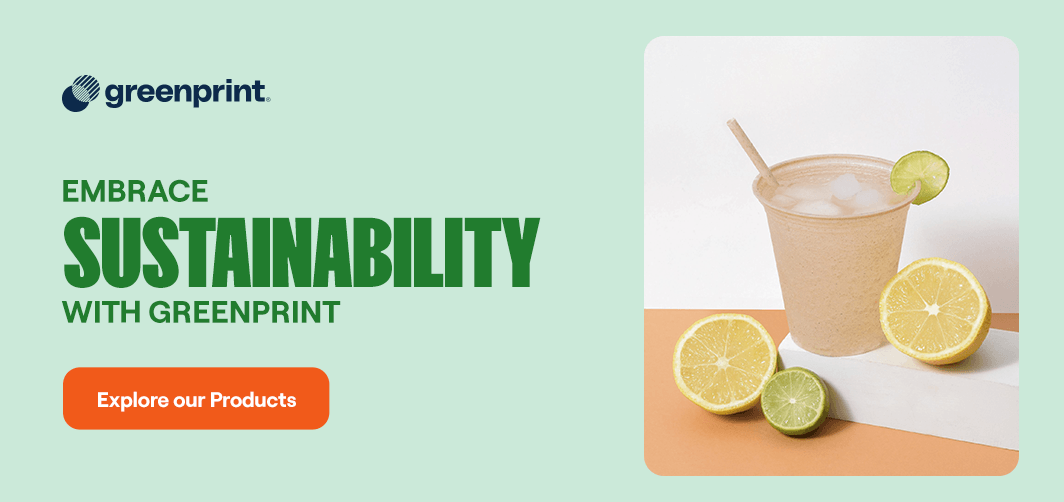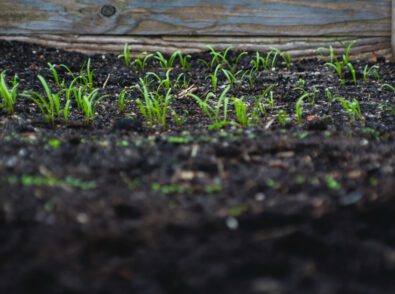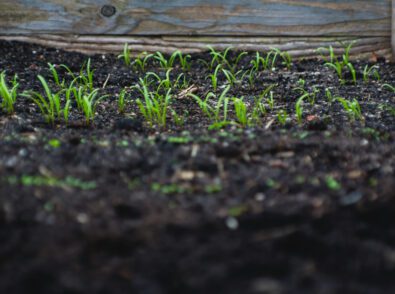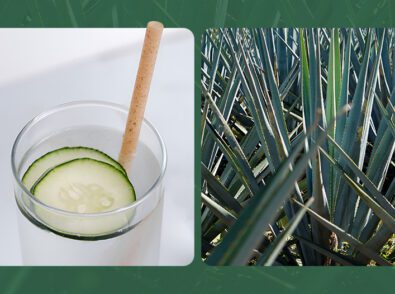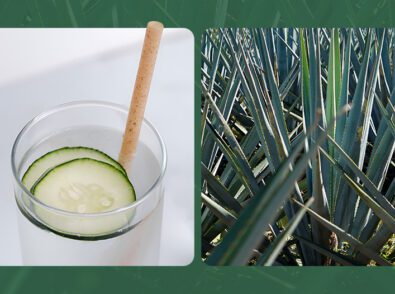Everything You Need to Know About California’s Bottle Ban
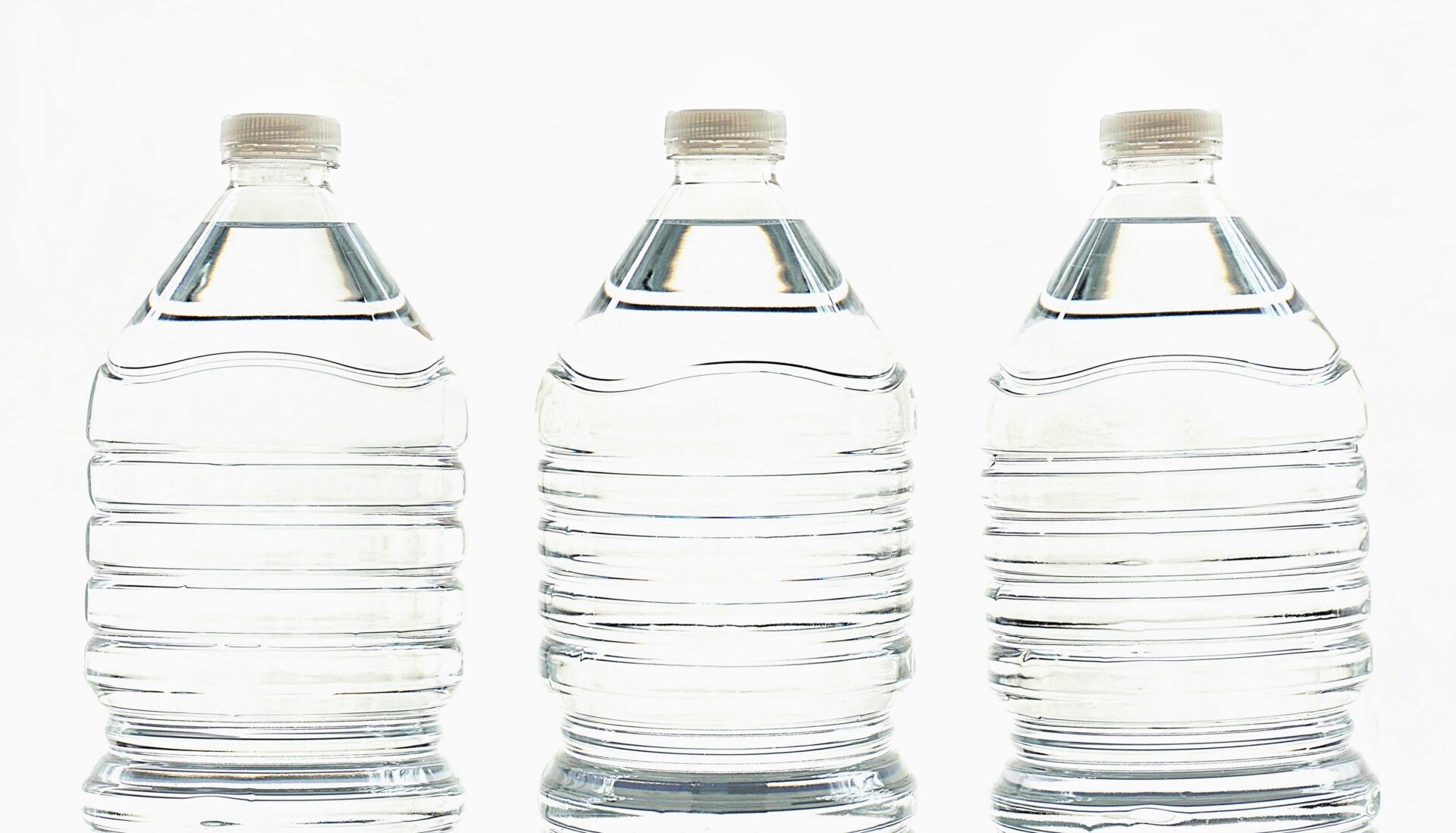
California has taken a bold stance against plastic pollution by implementing comprehensive laws and regulations aimed at phasing out single-use plastics. The state’s initiative targets a significant reduction in the environmental impact of disposable plastic items, including bottles.
This guide offers an essential overview of everything you need to know about California’s bottle ban laws, their implications, and how they are combating single-use plastic bottles.
Did California Ban Bottles?
California, along with other parts of the country, has made significant efforts to reduce or eliminate the use of single-use plastic bottles through various laws. Here are a few takeaways regarding the state’s regulations around plastic bottles:
- The state of California requires producers to make recyclable and compostable single-use packaging and foodservice ware.
- Some local governments have banned the sale of single-use plastic bottles.
- Hotels are prohibited from providing small plastic bottles containing personal care products.
Are Plastic Bottles Illegal in California?
Plastic bottles are not entirely illegal in California. However, specific measures are in place to reduce their use. Overall, the state is working toward a future where all single-use packaging, including plastic bottles, must be recyclable or compostable, significantly reducing their use and distribution.
Everything You Need to Know About California’s Bottle Laws
Let’s examine California’s plastic bottle laws in depth to better understand the ban.
What Is The Landmark Plastic Pollution Law?
The Plastic Pollution Prevention and Packaging Producer Responsibility Act (Senate Bill 54) was signed into law in 2022. The act addresses the environmental impact of single-use packaging and plastic foodservice ware by shifting the responsibility from the consumer to the producer. Producers are typically companies that create the material or package items for these single-use items.
By 2032, producers must ensure that:
- 100% of single-use packaging is recyclable and compostable.
- 65% of the plastic foodservice ware and single-use packaging is recycled.
- 25% less single-use packaging and foodservice is sold, offered for sale, or distributed.
What Is The Truckee Town Ordinance?
In January 2024, Truckee Town approved the Single-Use Plastic Bottle and Paper Carton Ordinance, which bans the selling and distribution of single-use plastic water bottles and paper cartons with a volume of less than 1 gallon in stores. This ordinance aims to combat the local environmental impact of single-use packaging.
However, there are exemptions to the bottle ban, which include emergencies, patient care at health care facilities, and social services involving the community’s safety and health.
Is Plastic Banned at Lodging Establishments?
Assembly Bill (AB) 1162 was signed into law in 2019 and became effective in 2023. The bill bans the use of small single-use plastic bottles in hotels. The single-use bottles in the bill refer to bottles containing personal care products. AB 1162 prohibits hotels from providing these bottles to any person staying in sleeping room accommodations and in the bathrooms.
Lodging establishments that violate this law are subject to a penalty of $500 for the first violation and $2,000 for the second or subsequent offense.
How To Be Sustainable With Greenprint
Greenprint is dedicated to tackling the use of single-use plastic by offering sustainable alternatives in the disposables industry. Take a look at our products and contact us for more information.
